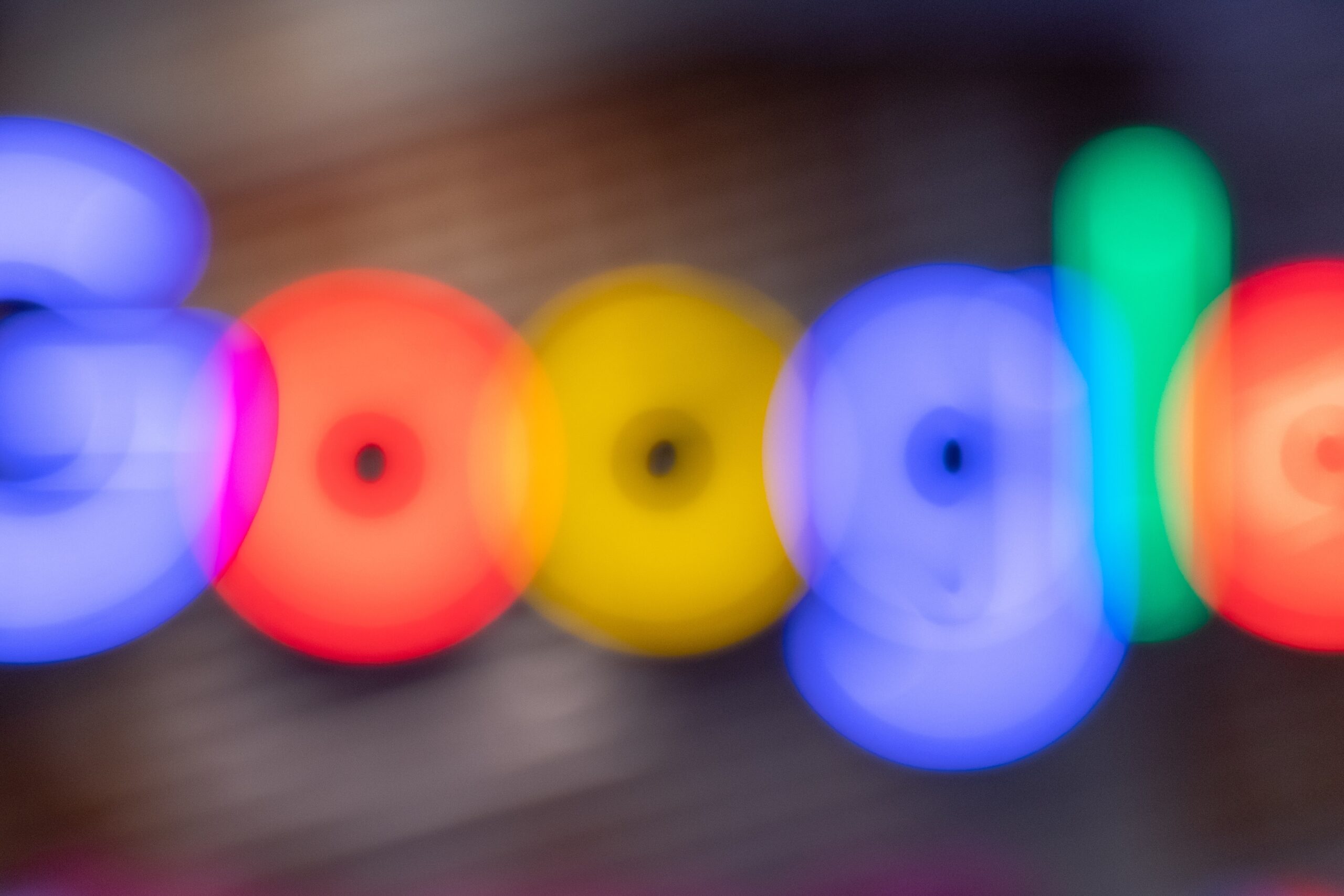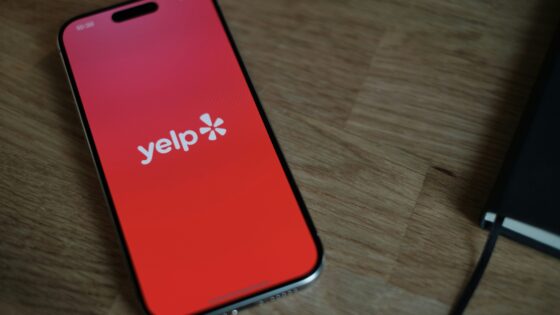Court revelations shed light on Google’s bid to keep Fortnite on the Play Store amidst concerns of a potential “contagion” effect and accusations of an unlawful monopoly.
In a court proceeding related to the ongoing antitrust lawsuit between Google and Epic Games, it has been confirmed that Google proposed a $147 million deal to bring Fortnite onto the Android Google Play Store. Purnima Kochikar, Google’s VP of Play partnerships, disclosed that the deal, approved and presented to Epic, aimed to prevent a potential “contagion” effect of popular apps bypassing the official Android store and avoiding Google’s in-app purchase fees.
The proposed deal involved a three-year period of “incremental funding,” lasting until 2021, intended to support Epic Games. However, Epic chose to launch Fortnite on Android in 2018 directly through its website, sidestepping the Play Store and avoiding in-app purchase commissions. In 2020, citing issues like “scary, repetitive security pop-ups,” Epic opted to list Fortnite on the Play Store.
A new court session is about to begin in this month's Fortnite antitrust trial — follow our live updates at the link. We expect CEO Sundar Pichai to argue Google's app store rules are a sign of a competitive business, not a monopoly.https://t.co/sT06SXr6Vp
— The Verge (@verge) November 14, 2023
In the ongoing antitrust lawsuit, Epic alleges that Google’s initial concern was prompted by fear of a “contagion risk” if other game developers followed Epic’s lead in bypassing the Play Store. Internal documents presented in court suggested Google considered offering special benefits or even acquiring Epic to prevent such a scenario.
The court revealed documents forecasting Google’s worries about the potential defection of major game developers, including Blizzard, Valve, Sony, and Nintendo, from the Play Store. The loss of these developers could result in a direct revenue loss between $130 and $250 million, with downstream losses projected up to $3.6 billion.
Google asserts its concern was not nefarious but rather aimed at retaining games on the Play Store. Kochikar emphasized, “We just wanted developers to choose Play.” Lawrence Koh, the former head of Google Play’s games business development, testified that the investment in getting games on the platform was deemed worthwhile, particularly to compete with Apple’s iOS.
Epic Games, leveraging these revelations, argues that Google feared competition for Android app distribution and accuses the Play Store of being an unlawful monopoly. While the existence of this deal doesn’t prove Epic’s claims, it provides insight into Google’s perspective on its games business.

































